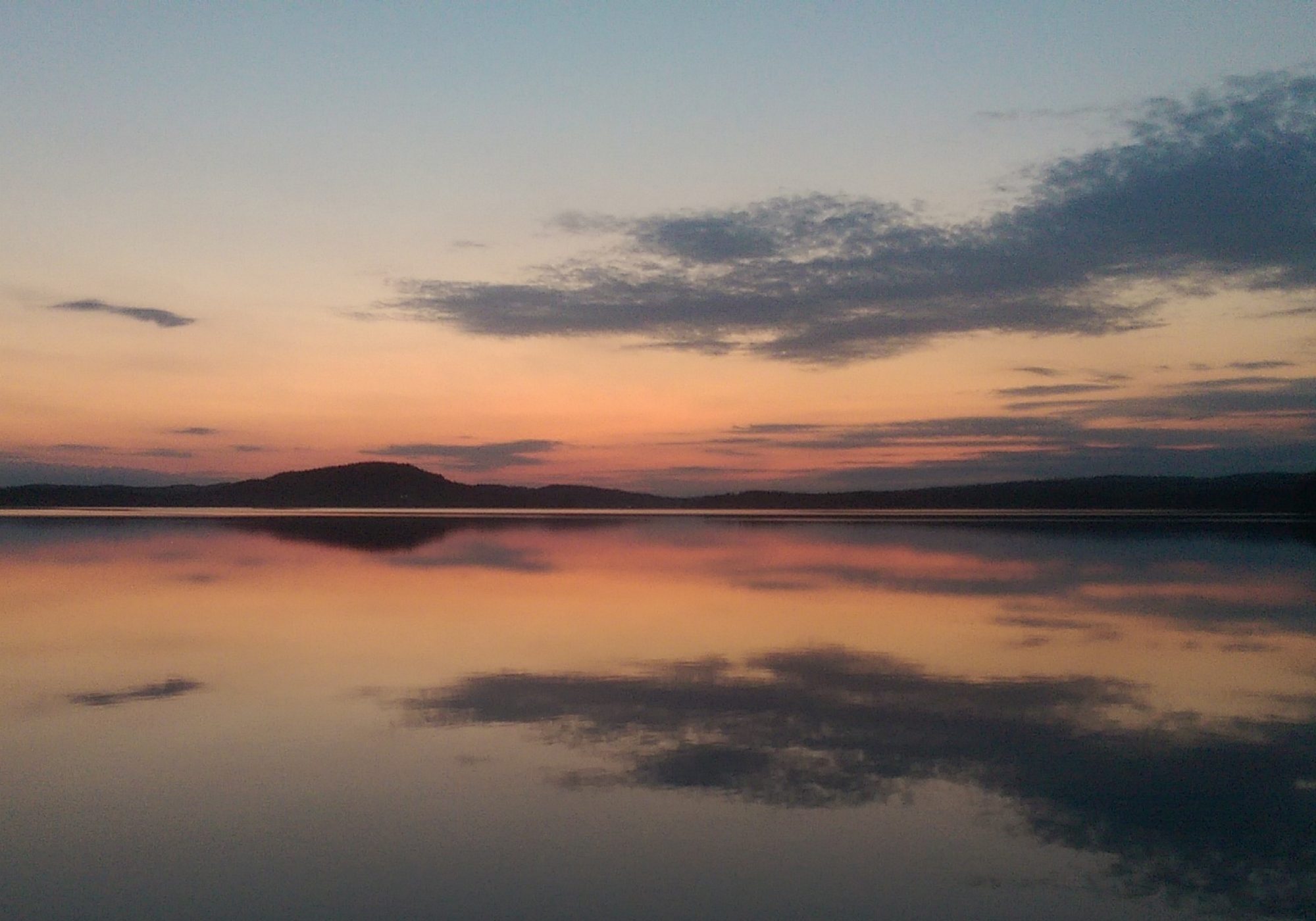As usual I’ve made some bad calls on this trip. Sitting in the sun for 5 hours beneath a chemical plant in a dead end village was one.
Falling asleep on the beach underneath a night sky and waking up with dozens of nasty sand flea bites was another.
But I’ve ended up in Kavala. And wow. Lonely Planet describes it as one of the loveliest towns in Greece. And I agree. I stood dumbstruck on my hotel roof garden. The waiter saw me and said :” Kavala..we call it Sleeping Beauty ”
It’s just down the road from Phillipi. Brutus and Cassius based their fleet here after murdering Julius Caesar.
Traveling alone has its advantages. You can go where you want. Do what you want. Wander among a pile of old stones for hours when any normal person would be bored after 10 minutes
But there are times when you see something that you want to share and could scream with frustration because there is no one to share that moment with.
Swimming in Gallilee was one. Standing slack jawed before the Shewadagon Paya in the dark in Rangoon was another.
And you now can add sitting in an amphitheatre in an Ottoman castle in a Macedonian town watching a play by Sophocles
Obviously I couldn’t understand a word. Something to do with Troy and bows and arrows.
But it was a moment to remember as the lights in the old harbour flickered below us and the city melting into the hills.
And the ferry sailing out of the harbour towards the darkening mass that is the Island of Thassos
Yes.
That was a moment.











